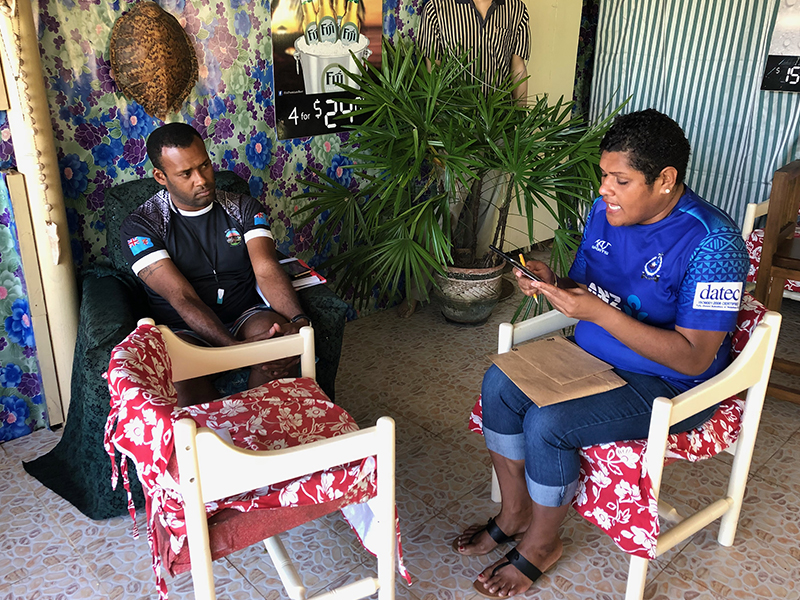(RNS) — Religion is often seen as a source of conflict — giving insiders a source of community and support while drawing boundaries against outsiders.
A new study suggests religion can also prompt people to be generous to outsiders, even those from groups they distrust.
For the study, entitled “Thinking About God Encourages Prosociality Toward Religious Outgroups,” researchers asked more than 4,700 people in the United States, the Middle East and Fiji if they were willing to share money with people from a different religious group.
RELATED: Generous Church: Ten Top Characteristics
Asking those participants about God — or about what God wanted them to do — led to an 11% increase in giving, according to the study, which was published in Psychological Science.
That result surprised some of the researchers, including Michael Pasek, assistant professor of psychology at the University of Illinois Chicago and one of the lead authors of the study.
Michael Pasek. Courtesy photo
Some suspected prompting participants to think about God would make them more generous to people from their religious group but not outsiders. Others thought that thinking about God would increase generosity across the board.
For the study, researchers recruited participants from Muslim, Hindu, Christian and Jewish communities to take part in a series of behavioral economics experiments. During the experiments, research assistants gave people small amounts of money in large envelopes.
Participants were also given two smaller envelopes, one labeled “Mine” and the other labeled “Give to Another Person.” They could keep all the money for themselves, give it all away or divide it up. Those who wanted to give money away could put funds into the envelope labeled “Give to Another Person.” That envelope was then placed back in the larger envelope.
Participants were first told to do whatever they thought best when dividing the money. Later, they repeated the experiment after being asked either to think about God or to think about what God wanted them to do.
RELATED: Practicing Christians More Generous Givers, Research Shows
The experiments in Fiji and some of the experiments in the Middle East were done in person. Others, in the United States and Israel, were done online. All the money that was designated “Give to Another Person” was given away.
In person, they gave people a large envelope with money in it as well as two smaller envelopes. While participants made the decisions, the research assistant would step away so no one would know what participants were doing.

People in Fiji participate in the study entitled “Thinking About God Encourages Prosociality Toward Religious Outgroups.” Photo courtesy of Michael Pasek
“We always made sure that people were assigned with different people across rounds, so their earlier decisions couldn’t influence their later decisions,” said Pasek.
Azim Shariff, director of the Centre for Applied Moral Psychology at the University of British Columbia and one of the lead authors of the study, has taken part in a previous study about religion and social behavior, including a 2007 study entitled “God is Watching You” and a 2019 study on religion and selfishness.


